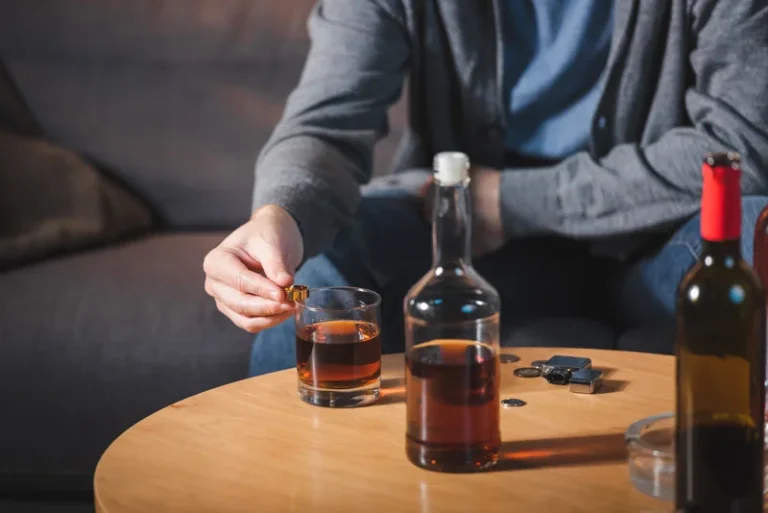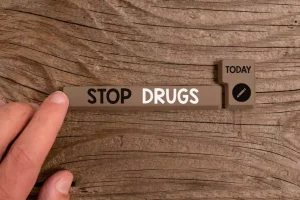
Besides signing up for recovery programs, keeping track of your progress is also integral to maintaining sobriety. Relapse prevention workbooks provide convenient ways for you to perform self-evaluations https://ecosoberhouse.com/ and assessments. Relapse prevention group activities can be a cornerstone in the journey to recovery. These activities allow you and other group members to share experiences and foster camaraderie.

Professional or financial stress
- If you or a loved one are struggling with addiction, contact The Recovery Village today.
- When the urge to use hits, remind yourself why you started down the path to recovery in the first place.
- Whether you or a loved one are experiencing challenges controlling their addictive behaviors, the road toward rebuilding self-control can be overwhelming.
- Part of the recovery process includes talking about relapse, and learning healthier ways to cope with triggers that can lead to it.
- As individuals continue along the path of recovery, there may be times where they feel tempted; it’s important to have measures in place to prevent them from sliding back into old habits.
Additionally, triggers such as stress, social pressure, or personal problems can contribute to relapse. Within the framework of a relapse prevention plan, individuals identify potential triggers—those circumstances, emotions, or situations that could tempt them back towards substance use. A relapse prevention plan, often crafted in the safe confines of a treatment setting, is a strategic blueprint for those embarking on the new yet promising journey of recovery. It can be a written document, a workbook, or even a spoken plan—a tangible or verbalized commitment to the path of sobriety. This plan is more than just a static piece of paper; it’s a dynamic tool that evolves with the individual, reflecting their unique journey and personal growth. Relapse prevention treatment duration varies based on individual needs but often spans 12 to 20 sessions, each lasting about an hour.
Use Support Groups
- It’s about creating a lifestyle that can help a person maintain their recovery goals.
- Planning may involve revisiting your coping strategies, setting new goals, or seeking additional support.
- These are examples of strategies you might use in your personalized relapse prevention plan.
The effectiveness of cognitive therapy in relapse prevention has been confirmed in numerous studies [11]. Not everyone who goes through the emotional and mental stages of relapse actually relapses. Taking proactive steps and recognizing early warning signs of relapse may prevent them from using drugs or alcohol again. One of the best ways to do this is by following a technique called the relapse prevention plan. A relapse prevention plan is a system that outlines the steps the recovering drug abuser will take to avoid recidivism and the measures to be taken if recidivism does occur. This is an effective way to avoid contact with potential triggers and avoid spiraling back into full recidivism in the event of a slip-up.
The Stages of Relapse
Most physical relapses are considered relapses of opportunity, meaning that they occur when an individual feels they will not get caught. Substance abuse relapse occurs when a person who has attempted to stop using a substance begins to use it again. Relapse can occur very soon after attempting sobriety, or after several years of sustained sobriety. It needs to be tailored to you and ready to implement at the moment you’re feeling cravings or triggers. This way, you’ll be ready to act more effectively to the relapse threat.

How can family members help their loved ones stick to their relapse prevention plan?
- Ben created the video blog A String Of Hope in 2019 to share hope and positivity about addiction and recovery.
- After experiencing a relapse, it’s important to avoid being too hard on yourself.
- Discussions often revolve around dealing with everyday situations without turning to substances.
With some effort and practice, we should be able to detect the smallest and earliest signs of a potential relapse. Then we can address the issues as they arise and find a healthy way forward. A person may find it helps to remember relapse prevention plan the negative emotions or physical sensations they felt when using drugs or alcohol. Remembering the negative effects using had on aspects of their life, such as their relationships, work, or studying, may also help.
Establishing Healthy Routines









